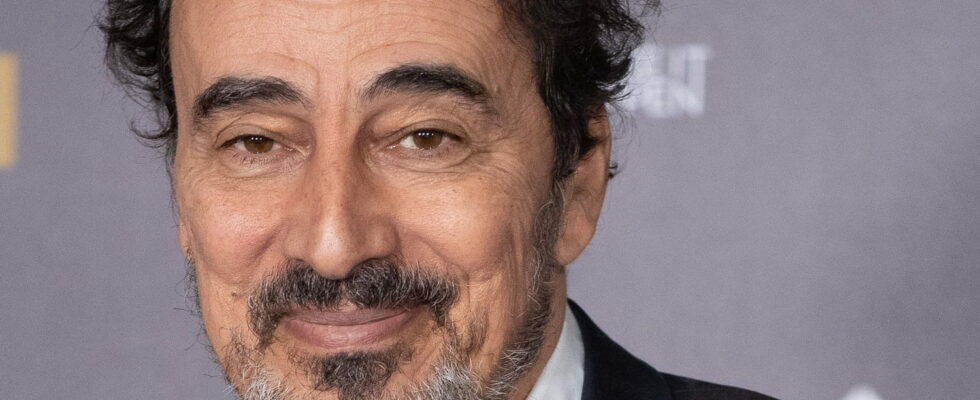Didier Roustan, an emblematic figure of sports journalism, died suddenly at the age of 66. His last television appearance last June took on a premonitory tone, with the mention of a health problem.
The world of football and sports journalism is in mourning. Didier Roustan, an essential and passionate voice of the round ball, passed away on the night of September 10 to 11, 2024, at the age of 66. This sudden disappearance caused a wave of emotion and many tributes within the sports and media community this week.
Known for his outspokenness and his unconditional love of football, Didier Roustan had been an emblematic figure of the L’Équipe channel since 1999. He had notably made a name for himself as a regular columnist on the show The Evening Teamhosted by Olivier Ménard, where he held the role of “President for life”, in recognition of his stimulating contribution to the show. The L’Équipe channel also dedicated a special edition this week to pay tribute to the man who was considered a full-fledged member of their family. It also rebroadcast the historic semi-final of Euro 1984, between France and Portugal, which Didier Roustan had commentated.

On the channel, Didier Roustan will have kept until the end his unique style, his humor and his ability to bring lightness, even in the most serious debates. His last television appearance, on June 22, 2024, was exhumed by several media, with a particular dimension. During this show of The Evening TeamDidier Roustan had mentioned health problems, which appears to many to be a precursor to his illness.
Launched with a banal “how are you?” by Olivier Ménard, Didier Roustan had then feigned a normal form before changing his mind, with humor, but also a disarming frankness: “No, it’s not okay, I had food poisoning not long ago and I can’t get over it. I take pills, stuff, no it’s not okay at all”. And to continue: “In general, we say ‘How are you?’ and you say ‘I’m okay’. Well there, it’s not okay”, he had added with a smile, assuring that he would “deal with it”.
Asking him mockingly if he was not “forfeited”, if he was going to “put on a good show” and “good TV”, the host of the show was then answered: “Yeah, sometimes we are sick like that and then…” Continuing in a light tone, Olivier Ménard went on to talk about a possible malaise and a replacement, to which Didier Roustant replied with irony: “It won’t be a malaise, it might be an obligation”. Words which, among the last of the journalist on screen, take on a completely different meaning today.
Didier Roustan “was taken by a fulminating liver cancer,” wrote TV Magazine, Le Figaro’s magazine dedicated to the small screen, on September 11. The RMC Sport channel, for its part, mentioned a “recently detected cancer.” L’Equipe had indicated a little earlier that the journalist’s death was the result of an “illness” that he had been battling “for several weeks.”
